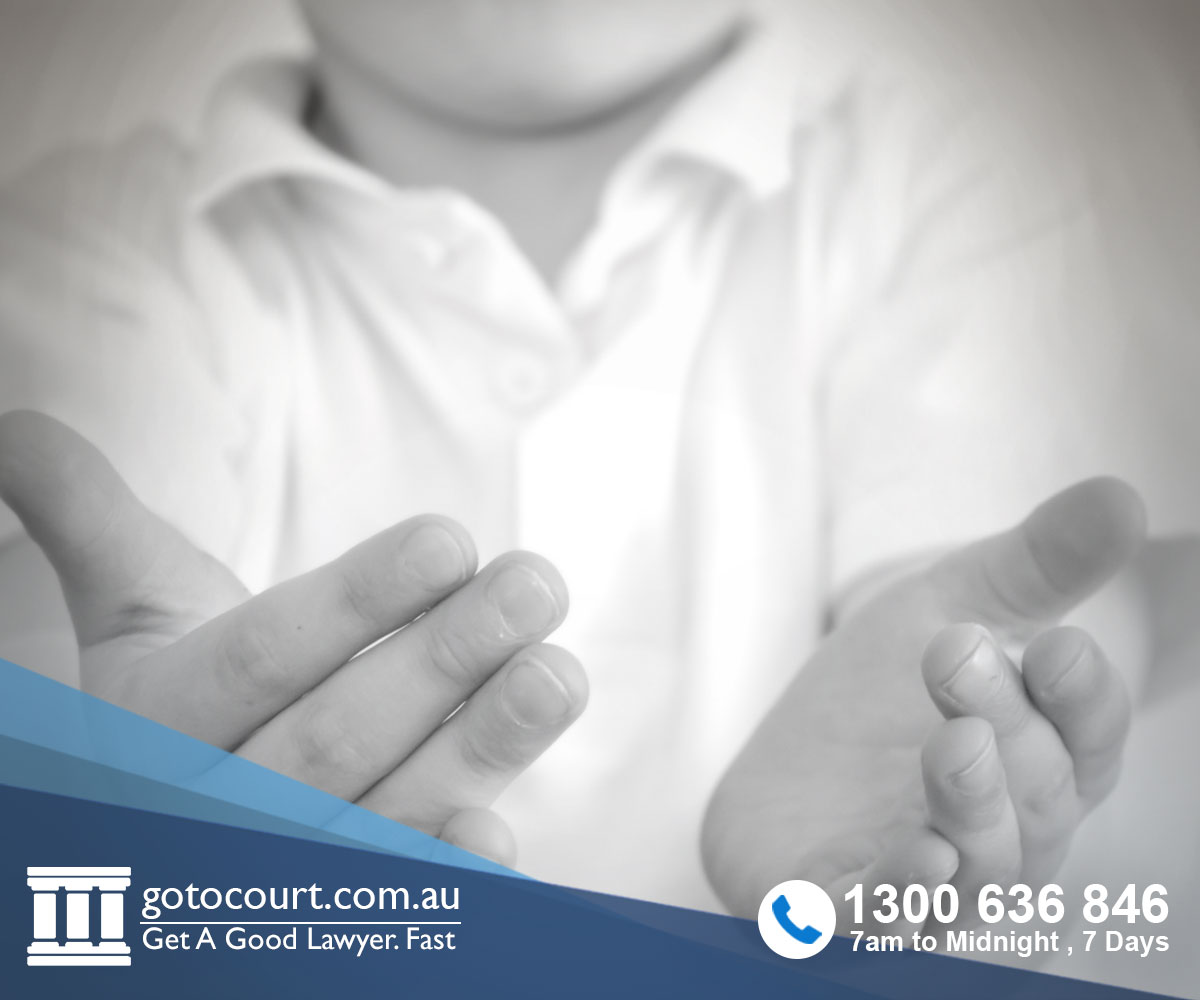Personal Injury Payouts and Property Settlements
Personal Injury Payouts and Property Settlements
When thinking about how a personal injury payout should be treated in a property settlement, courts apply the principles of family law while simultaneously taking into account the principles relevant to personal injury law. Section 79 of the Family Law Act gives the court the power to make orders altering the interest of the parties as it considers appropriate. If a payout is found to be part of a couple’s asset pool, the court may make an adjustment in favour of the party who received it, depending on the circumstances of the payout.
In determining whether any asset or resource falls within the relationship property pool, the first step is to look at whether it fits the definition of property under the Family Law Act, which is ‘property to which a party or the parties (to a relationship) are entitled whether in possession or in reversion’.
The five-step process
Whilst the Family Law Act does not provide a mathematical formula for the division of a relationship property pool, it does set out the factors which must be taken into consideration when determining each party’s entitlements post-separation.
These factors can be collectively considered by following a five-step process.
- Adjustments – The first step is determining whether it is “just and equitable” to make adjustments in favour of either party’s interests in the property available for division.
- Value – The second step involves identifying and valuing the property pool, including assets, liabilities and superannuation entitlements of both parties.
- Contributions – The third step is to attribute a percentage of the pool to each party by taking into consideration each party’s contributions, including financial, non-financial, direct and indirect contributions to the acquisition, conservation and improvement of the property pool.
- Future Needs – The fourth step is to consider the future needs of each party by take into account factors such as parenting arrangements, age and state of health of each party and financial resources of each party. Once this step is done, adjustments to the percentages attributed at step 3 can be made.
- Distribution – The fifth and final step involves determining how the assets, liabilities and superannuation entitlements comprising the property pool should be distributed between the parties to give effect to the percentages.
A personal injury payout
Before determining how a personal injury payout will be treated in a settlement, one must consider the difference between the right to bring a claim and a personal injury payout that has already been received. The two are distinguishable.
In the 1990 decision of Zorbas and Zorbas, it was determined that the right to recover damages for negligence resulting in personal injury is a right of a personal nature. Justice McCall expressed the view that “…a bare right to sue is a right of a purely personal nature for the purposes of s79 of the Family Law Act.” Effectively, this means that if a claim is underway at the time of settlement, and no award of damages has been received, the right to bring the claim does not fall within the definition of property under the Family Law Act.
In the 1996 decision of Aleksovski v Aleksovski, the wife’s motor vehicle accident compensation payout was considered a financial contribution pursuant to Section 79 of the Family Law Act. This allowed for a 15% adjustment in the wife’s favour.
Conclusion
While personal injury payouts generally fall within the definition of property for the purposes of property settlement, they are also considered a financial contribution on behalf of the party the payout was awarded to. It is crucial that all relevant factors be considered individually and collectively when determining property division entitlements under the Family Law Act.
If you require legal advice in relation to a family law matter or any other legal matter please contact Go To Court Lawyers.

Affordable Lawyers
Our Go To Court Lawyers will assist you in all areas of law. We specialise in providing legal advice urgently – at the time when you need it most. If you need a lawyer right now, today, we can help you – no matter where you are in Australia.How It Works




1. You speak directly to a lawyer
When you call the Go To Court Legal Hotline, you will be connected directly to a lawyer, every time.

2. Get your legal situation assessed
We determine the best way forward in your legal matter, free of charge. If you want to go ahead and book a face-to-face appointment, we will connect you with a specialist in your local area.

3. We arrange everything as needed
If you want to go ahead and book a fact-to-face appointment, we will connect you with a specialist in your local area no matter where you are and even at very short notice.













